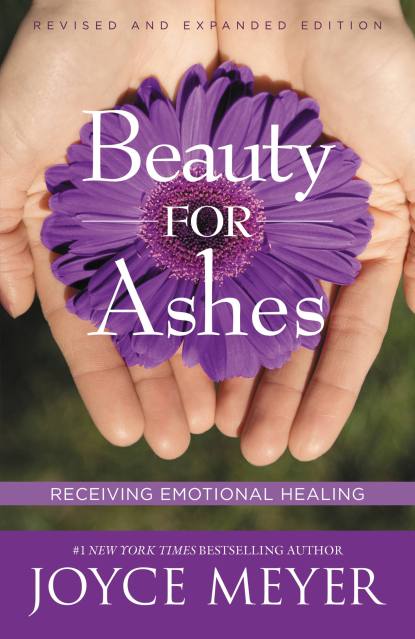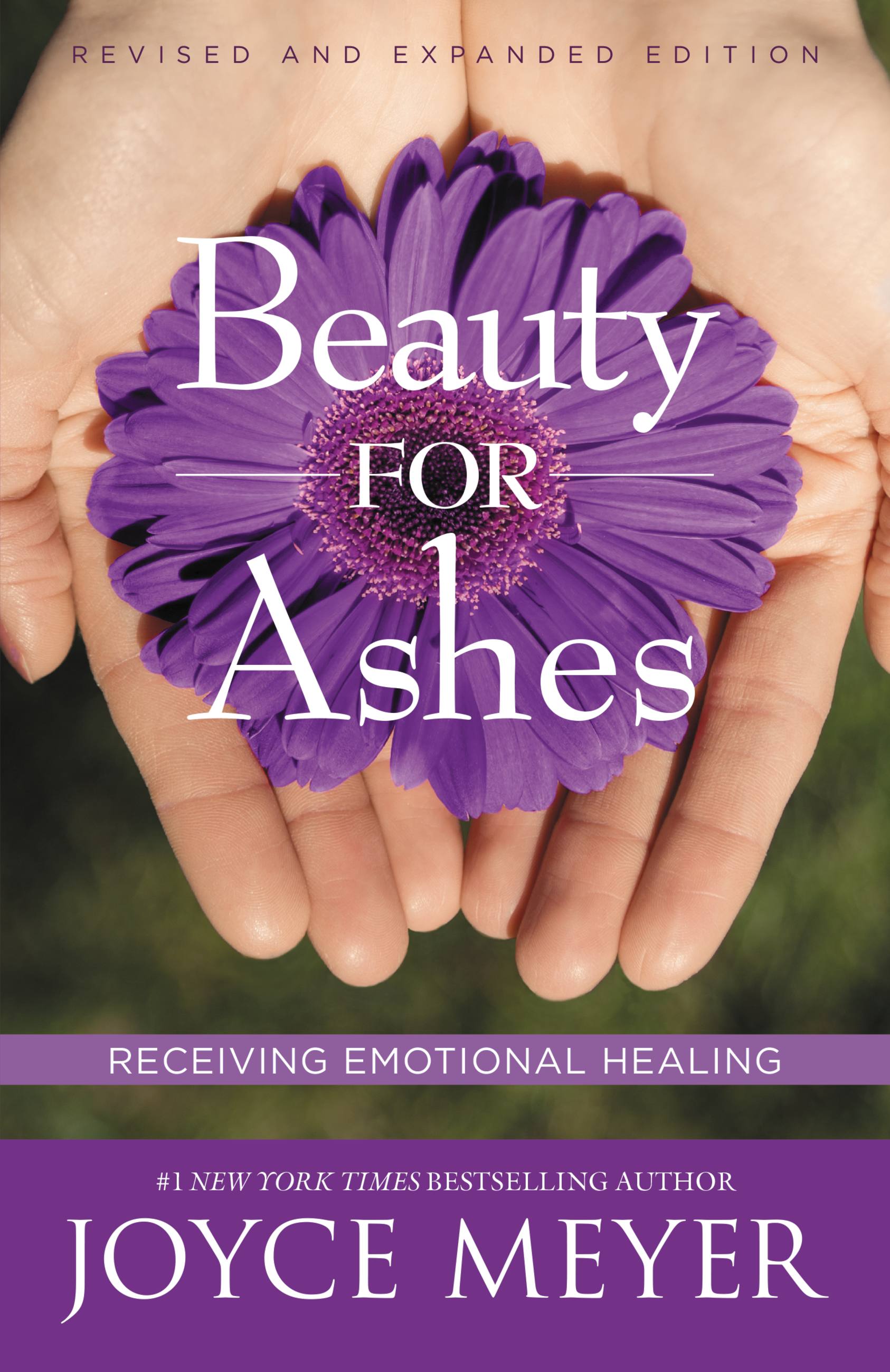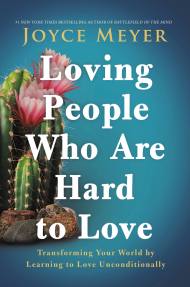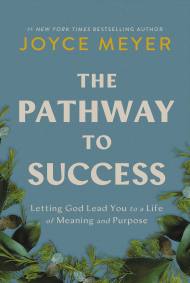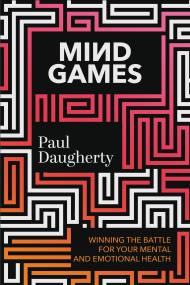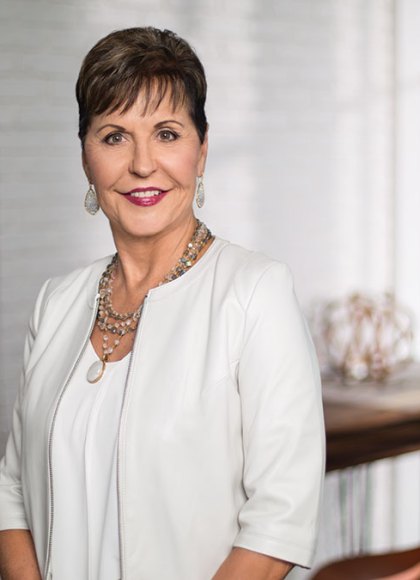Promotion
Use code MOM24 for 20% off site wide + free shipping over $45
Beauty for Ashes
Receiving Emotional Healing
Contributors
By Joyce Meyer
Formats and Prices
Price
$9.99Price
$11.99 CADFormat
Format:
This item is a preorder. Your payment method will be charged immediately, and the product is expected to ship on or around November 16, 2008. This date is subject to change due to shipping delays beyond our control.
Also available from:
Learn how God’s grace can help you heal from emotional wounds and abuse in this spiritually uplifting guide to living a beautiful, healing, and fulfilling life.
Many people seem to have it all together outwardly, but inside they are a wreck. Their past has broken, crushed, and wounded them inwardly. They can be healed. God has a plan, and Isaiah 61 reveals that the Lord came to heal the brokenhearted. He wants to heal victims of abuse and emotional wounding.
Joyce Meyer is a victim of the physical, mental, emotional, and sexual abuse she suffered as a child. Yet today she has a nationwide ministry of emotional healing to others like herself. In Beauty for Ashes she outlines major truths that brought healing in her life and describes how other victims of abuse can also experience God’s healing in their lives. You will learn:
- How to Deal with the Emotional Pain of Abuse
- How to Understand Your Responsibility to God for Overcoming Abuse
- Why Victims of Abuse Often Suffer from Other Addictive Behaviors
- How to Grab Hold of God’s Unconditional Love
- The Importance of God’s Timing in Working Through Painful Memories.
Genre:
- On Sale
- Nov 16, 2008
- Page Count
- 272 pages
- Publisher
- FaithWords
- ISBN-13
- 9780446548823
Newsletter Signup
By clicking ‘Sign Up,’ I acknowledge that I have read and agree to Hachette Book Group’s Privacy Policy and Terms of Use
